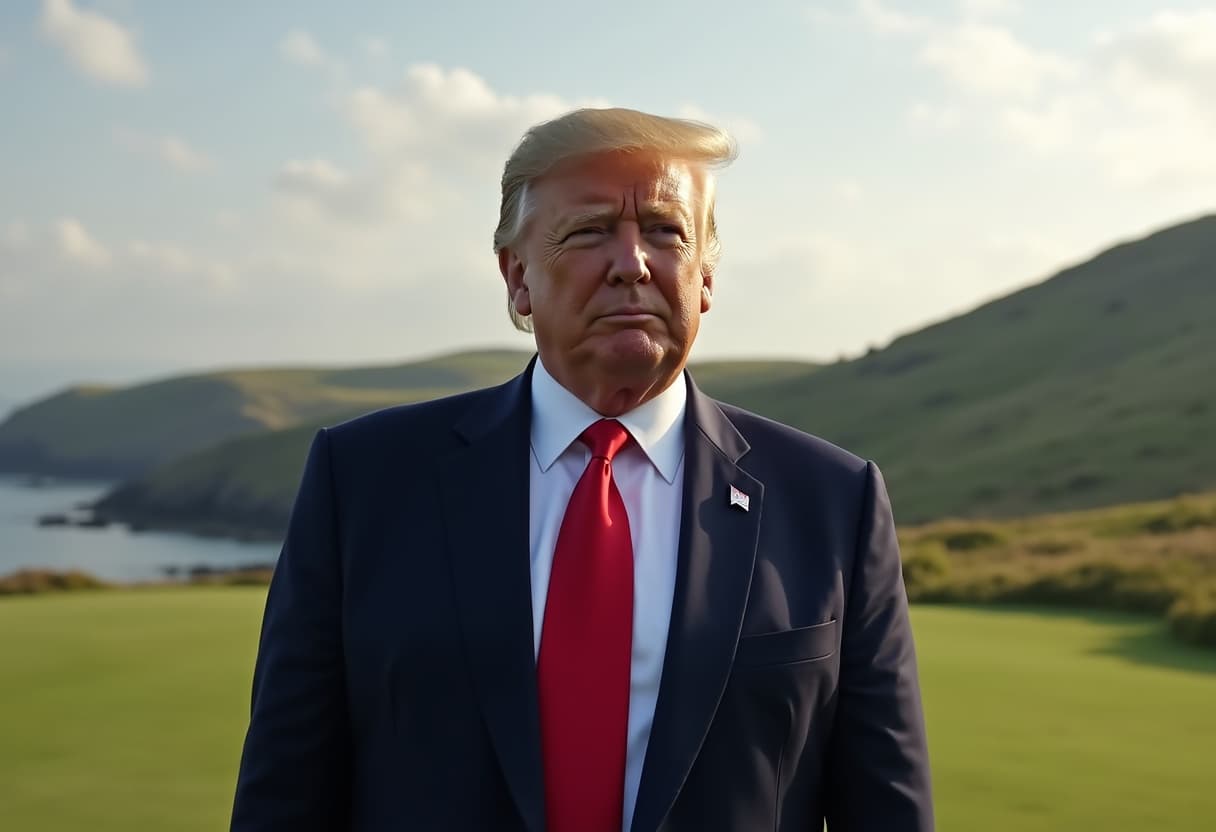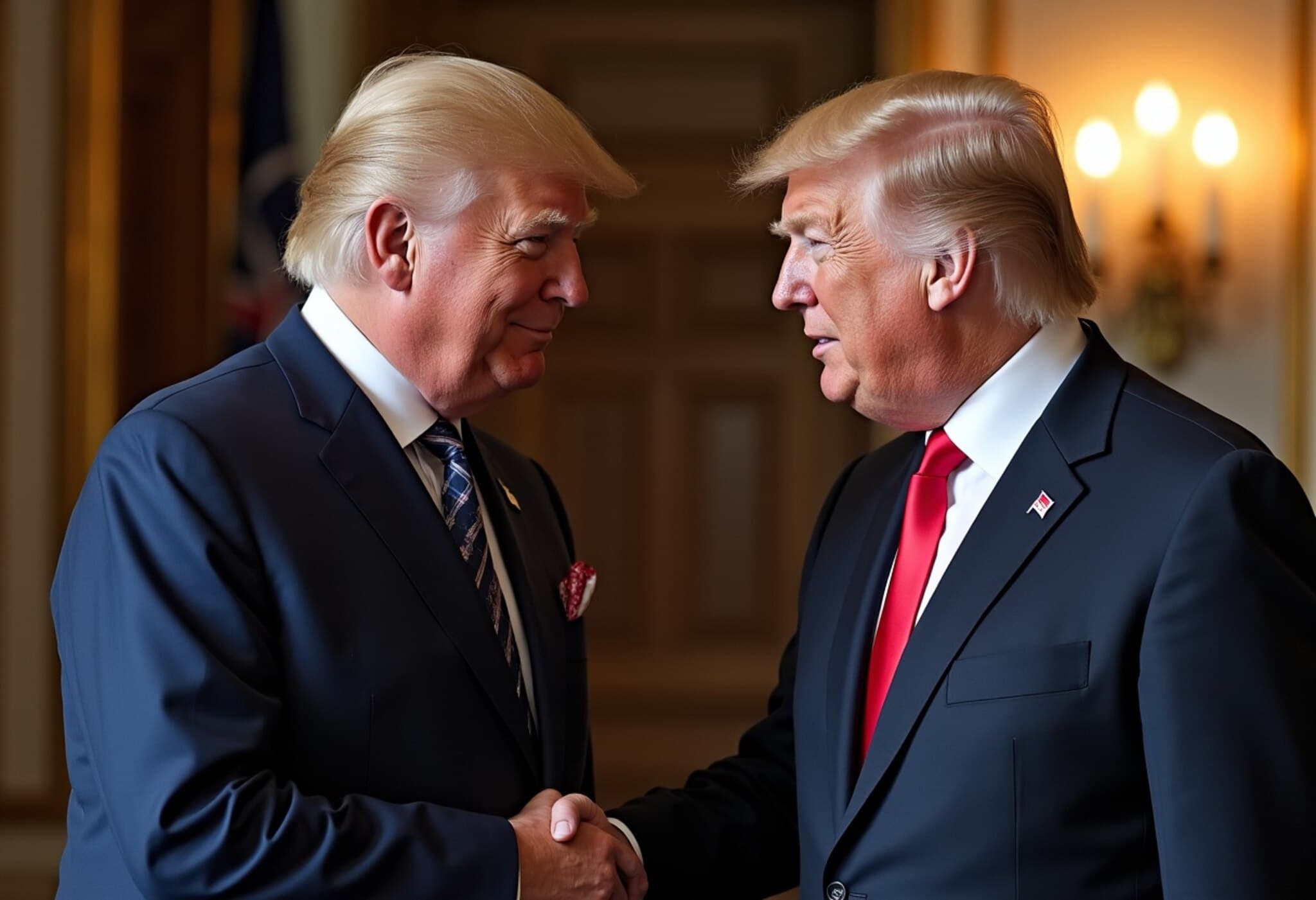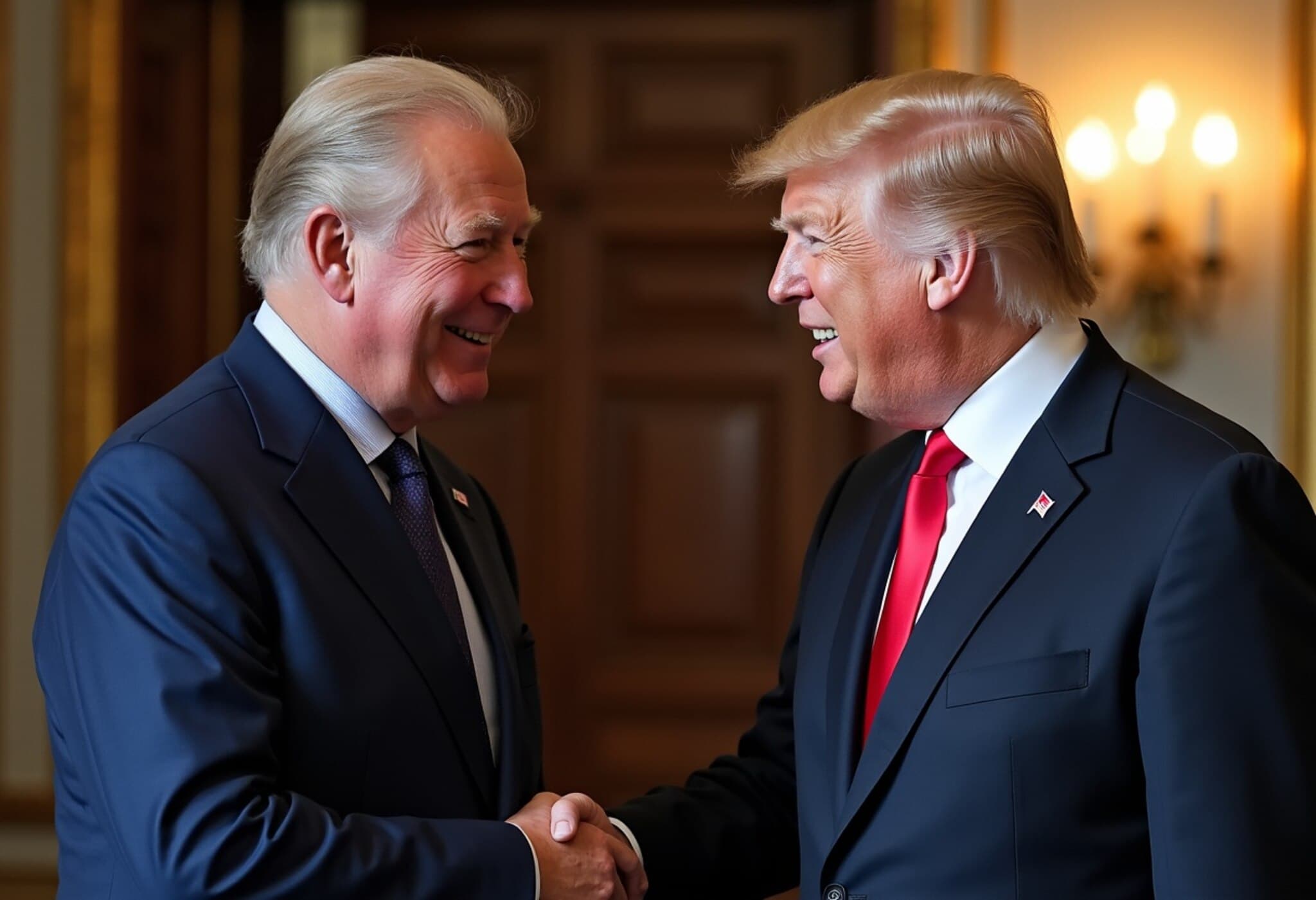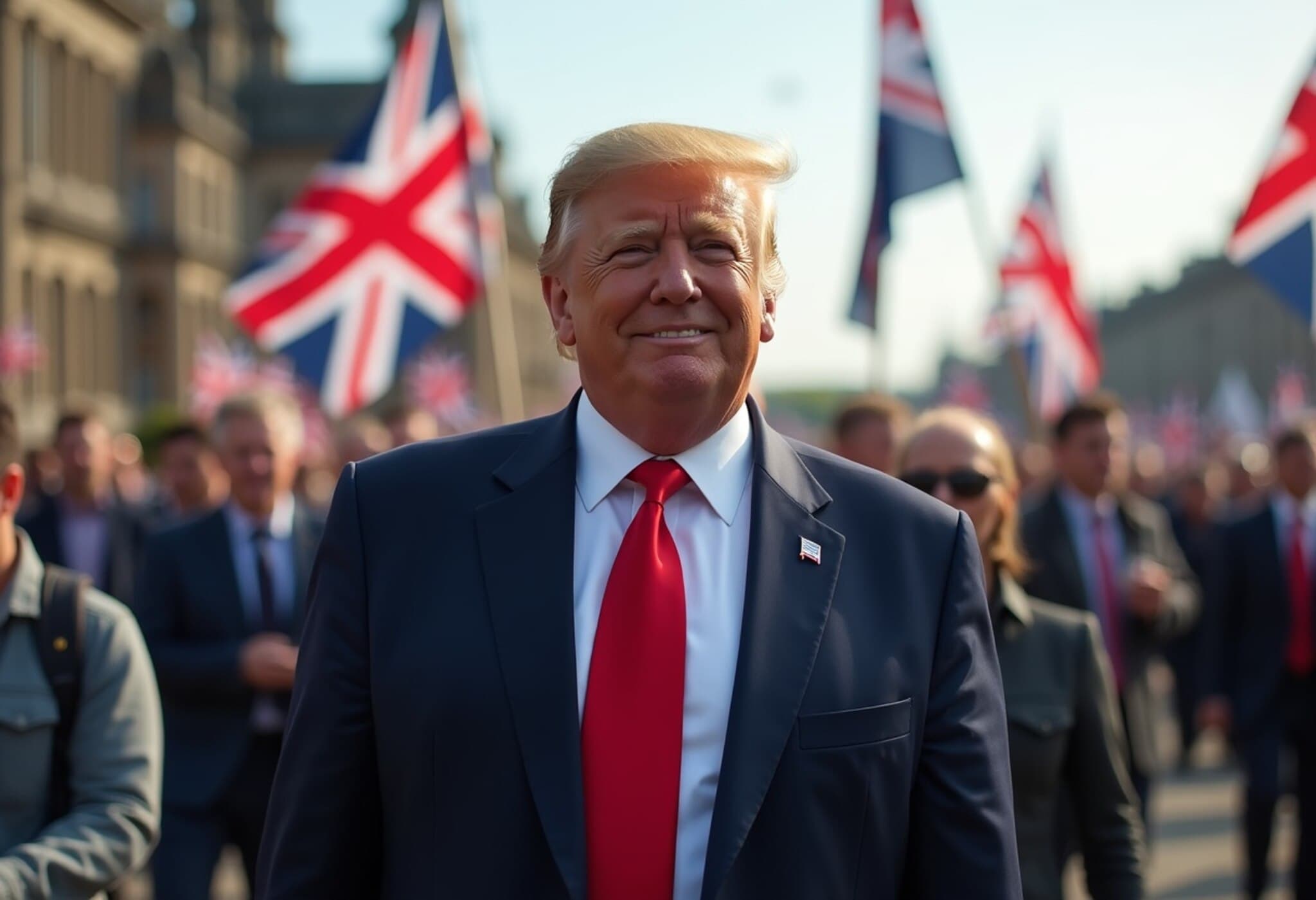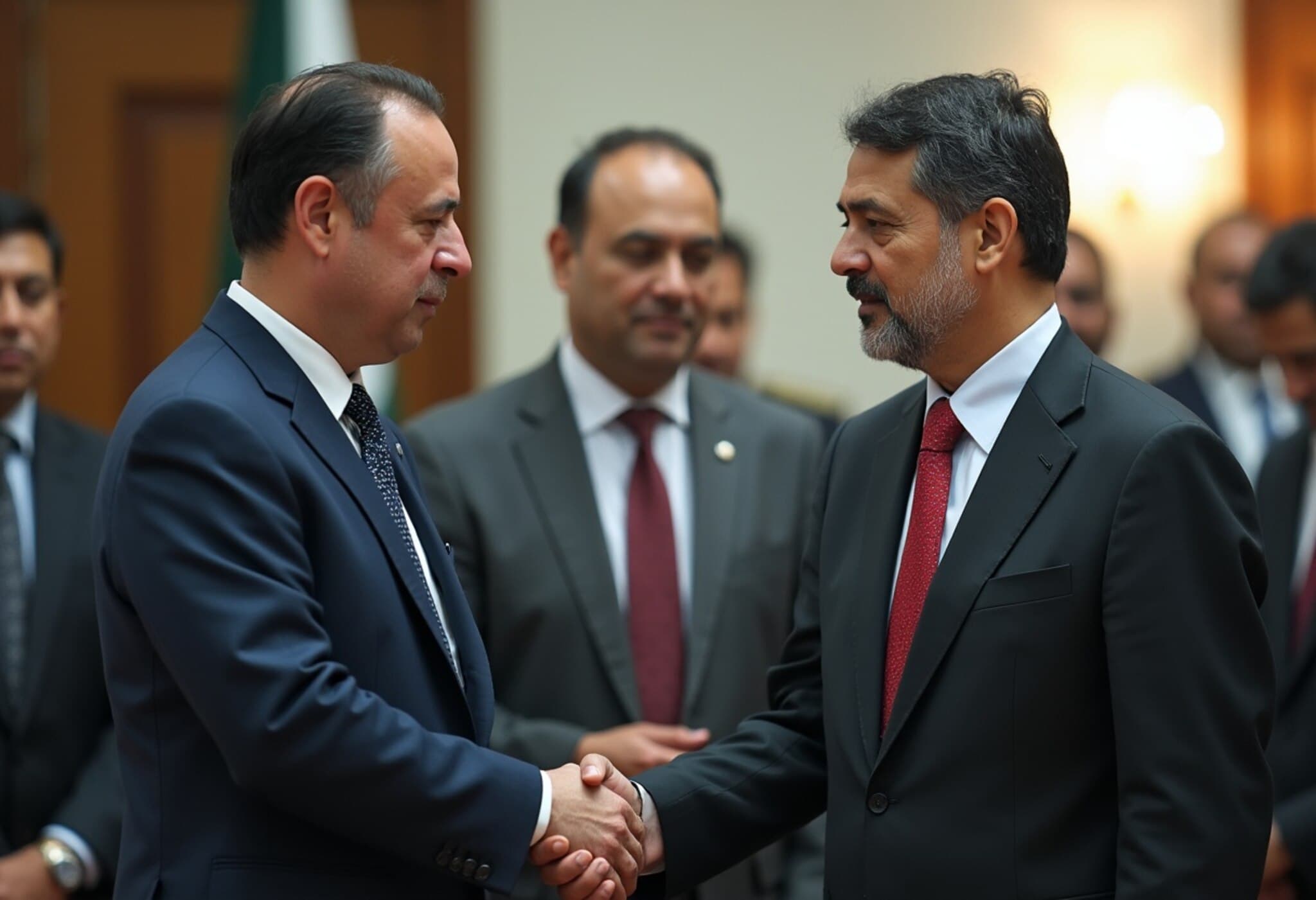Donald Trump’s Upcoming Scotland Visit: Private Retreat Meets Public Outcry
Former US President Donald Trump is poised to arrive in Scotland on July 25, 2025, embarking on a five-day visit centered around his luxury golf resorts at Turnberry in Ayrshire and Menie in Aberdeenshire. Although the trip is unofficial, it has already stirred notable controversy and public demonstrations, underscoring the complex relationship between Trump’s legacy and Scotland’s local communities.
Official Meetings Amidst Informal Itinerary
While primarily a private journey to his golf properties, reports suggest that Trump may meet UK Prime Minister Keir Starmer in Scotland on Monday. This potential interaction signals the trip’s political undertones despite its informal classification. However, security authorities remain confident that protests planned around his visit will not significantly disrupt the itinerary. Assistant Chief Constable Emma Bond stated that law enforcement is prepared for peaceful demonstrations and does not anticipate interruptions.
Widespread Protests Reflect Local Sentiments
The Stop Trump Coalition has scheduled demonstrations for Saturday noon at Aberdeen’s city center and outside the US consulate in Edinburgh. These protests aim to voice concerns over what many see as Trump’s “increasingly extreme policies,” reflecting deep dissatisfaction from Scottish citizens. Historical precedents exist; during Trump’s 2018 visit, similar protests attracted thousands, highlighting ongoing tensions.
Additionally, protest actions are anticipated near Trump's golf course ventures at Turnberry and Menie. A particular point of contention is his plan to unveil a new 18-hole golf course named after his mother, Mary Anne MacLeod Trump, who hails from Scotland’s Isle of Lewis. Connor Dylan, a leading organizer of these protests, remarked to The Guardian that "the vast majority of people in Scotland were already opposed to everything Trump stood for when he first visited as president. As we’ve learned more and more about him and the way he governs, that attitude has only hardened.”
Trump’s Scottish Roots: A Personal Yet Contentious Connection
Trump’s bond with Scotland extends beyond business interests; it is deeply personal. His mother, Mary Anne MacLeod, was born in 1912 near Stornoway on the Isle of Lewis, part of the Outer Hebrides. Growing up in a Gaelic-speaking family, Mary Anne emigrated to New York in 1930, joining many islanders who left in search of better opportunities during economically harsh times following World War I. Trump’s own words from 2017 underscore this native tie: "My mother was born in Scotland — Stornoway, which is serious Scotland.”
This heritage fuels both pride among some locals and frustration among others who question Trump’s values and actions given his political history.
Broader Implications: Scotland’s Role in Global Political Discourse
The protests during Trump's visit highlight Scotland's unique position as a stage for global political discourse, illustrating how local communities engage with international figures and policies. They also challenge the often cozy narrative around business investments by foreign personalities in the UK, especially when those figures are divisive on the world stage.
Moreover, the upcoming visit prompts renewed discussions on the impact of private interests influencing regional economies and environments, especially in sectors as sensitive as tourism and land use in Scotland’s rural areas.
Editor's Note
Trump’s visit to Scotland serves as a microcosm of wider geopolitical tensions blending private interests with public dissent. While his personal connection to the country through his mother adds a layer of complexity, the demonstrators’ voices reflect deep-rooted concerns about leadership, policy, and legacy. This event invites readers to reflect on how local communities navigate the intersection of heritage, economy, and global politics in an increasingly polarized world.

